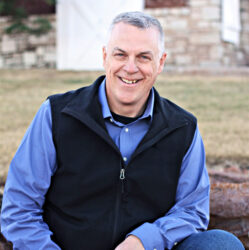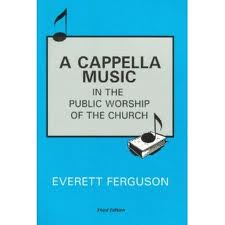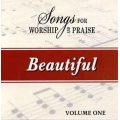As we continue looking at the New Testament examples of singing, notice what Paul says in Ephesians 5:17-21, “Therefore do not be unwise, but understand what the will of the Lord is. And do not be drunk with wine, in which is dissipation (moral looseness); but be filled with the Spirit, speaking to one another in psalms and hymns and spiritual songs, singing and making melody in your heart to the Lord, giving thanks for all things to God the Father in the name of our Lord Jesus Christ, submitting to one another in fear of God.” 
Have you ever wondered why Paul referenced being ‘drunk with wine’ only then to turn and write about singing? What comparisons can we make with worldly drunkenness and Godly singing? Perhaps the answer comes in looking at the effects of alcohol compared to the effects of God-centered singing. An early stage of drunkenness is referred to as euphoria. In this drunken state the effects that alcohol has on the body and mind might include an increase in self-confidence and sociability, as well as an overall improvement in one’s mood. In addition, the drunkard might temporarily experience a decrease in anxiety. At the surface we would properly conclude that these are positive attributes. But each of us know, and research shows that in this drunken, ‘euphoric’ state, the feelings are short lived and provide a false sense of what is real. Yet I believe we can find these same attributes and experience similar ‘feelings’ when we look at the scripture. Ephesians tells us how we can increase our self-confidence, how to enjoy sweet fellowship (increased sociability), and how to improve our mood. To escape worry and anxiety the Christian won’t look to the bottle…we look to the book. Read Ephesians 5:18, 19 “…but be filled with the Spirit, speaking to one another in psalms, hymns and spiritual songs…” When my heart is right and my mind is focused on the words, the fellowship I have with the saints is stronger when I sing. My mood is focused and my worries are forgotten as I give my heart and voice to praising God. Not filled with ‘spirits,’ but filled with THE Spirit.



